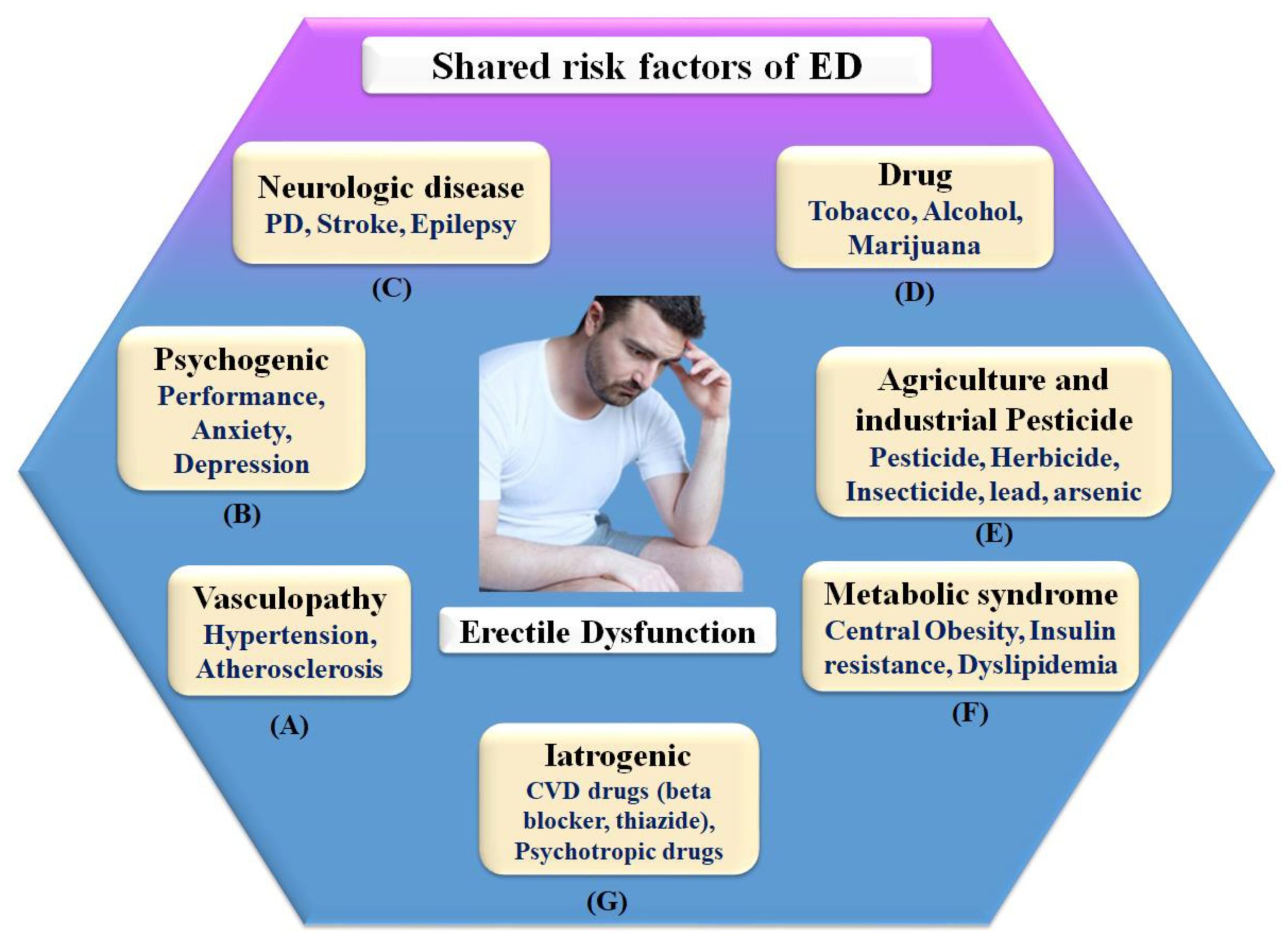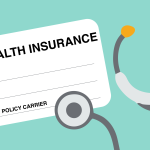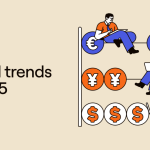Introduction
Erectile dysfunction (ED) is often seen as an older man’s problem, but research shows it’s increasingly affecting men under 40. ED can severely impact self-esteem, relationships, and overall quality of life. While occasional erection troubles are normal, persistent ED in young men often signals underlying health issues—both physical and psychological.
This article explores:
How common ED is in young men
Key risk factors (both physical and mental)
When to seek help and what treatments work

How Common Is ED in Young Men?
Contrary to popular belief, ED isn’t rare in younger men. Studies estimate:
- 8-30% of men under 40 experience ED.
- 1 in 4 men in their 20s and 30s report occasional erectile difficulties.
- Severe ED affects about 5% of young men.
These numbers are rising due to lifestyle factors like stress, poor diet, and lack of exercise.
Why Do Young Men Get ED?
ED in young men can be psychogenic (mental/emotional) or organic (physical)—or a mix of both.
1. Psychological Causes (Most Common in Young Men)
- Performance anxiety (fear of sexual failure)
- Depression & chronic stress (kills libido and blood flow)
- Relationship problems (lack of emotional connection)
- Porn addiction (leading to “sexual performance pressure”)
Clue: If ED starts suddenly but you still get morning erections, it’s likely psychological.
2. Physical Causes
Even young men can have medical conditions that cause ED:
- Poor circulation (smoking, obesity, high cholesterol)
- Low testosterone (linked to fatigue, low sex drive)
- Diabetes & high blood pressure (damage blood vessels)
- Pelvic injuries (from cycling, sports, or accidents)
- Medications (antidepressants, blood pressure drugs)
Clue: If ED develops gradually with weaker morning erections, it may be physical.
Key Risk Factors for ED in Young Men
| Risk Factor | How It Contributes to ED |
|---|---|
| Porn overuse | Leads to unrealistic expectations & desensitization |
| Heavy drinking | Lowers testosterone & nerve function |
| Smoking/vaping | Damages blood vessels in the penis |
| Sedentary lifestyle | Poor circulation & higher obesity risk |
| Poor sleep | Disrupts hormones (testosterone drops) |
| Chronic stress | Increases cortisol, killing libido |
When Should You See a Doctor?
If ED lasts more than 3 months, see a urologist or sexual health specialist. They may check:
Testosterone levels
Blood sugar & cholesterol
Heart health (blood pressure, circulation)
Psychological factors (anxiety, depression)
Treatment Options for Young Men
1. Lifestyle Changes (First Step!)
- Exercise daily (especially cardio & pelvic floor exercises)
- Quit smoking & limit alcohol
- Fix sleep habits (aim for 7-9 hours)
- Reduce stress (meditation, therapy)
2. Psychological Help
- Sex therapy (for performance anxiety)
- Couples counseling (if relationship stress is a factor)
- Cognitive Behavioral Therapy (CBT) (for depression/anxiety)
3. Medical Treatments
- PDE5 inhibitors (Viagra, Cialis) – Work well for occasional ED.
- Testosterone therapy – Only if blood tests confirm low T.
- Shockwave therapy – Helps if poor blood flow is the cause.
Reference link here: https://pubmed.ncbi.nlm.nih.gov/28642047/
Final Thoughts
ED in young men is more common than people think, but it’s often treatable. The key is figuring out the root cause—whether it’s stress, bad habits, or an underlying health issue.
If you’re struggling:
- Don’t ignore it—early action prevents long-term problems.
- Start with lifestyle fixes (many cases improve naturally).
- See a doctor if simple changes don’t help.
Remember: ED doesn’t mean you’re “broken.” Most cases can be fixed with the right approach.








